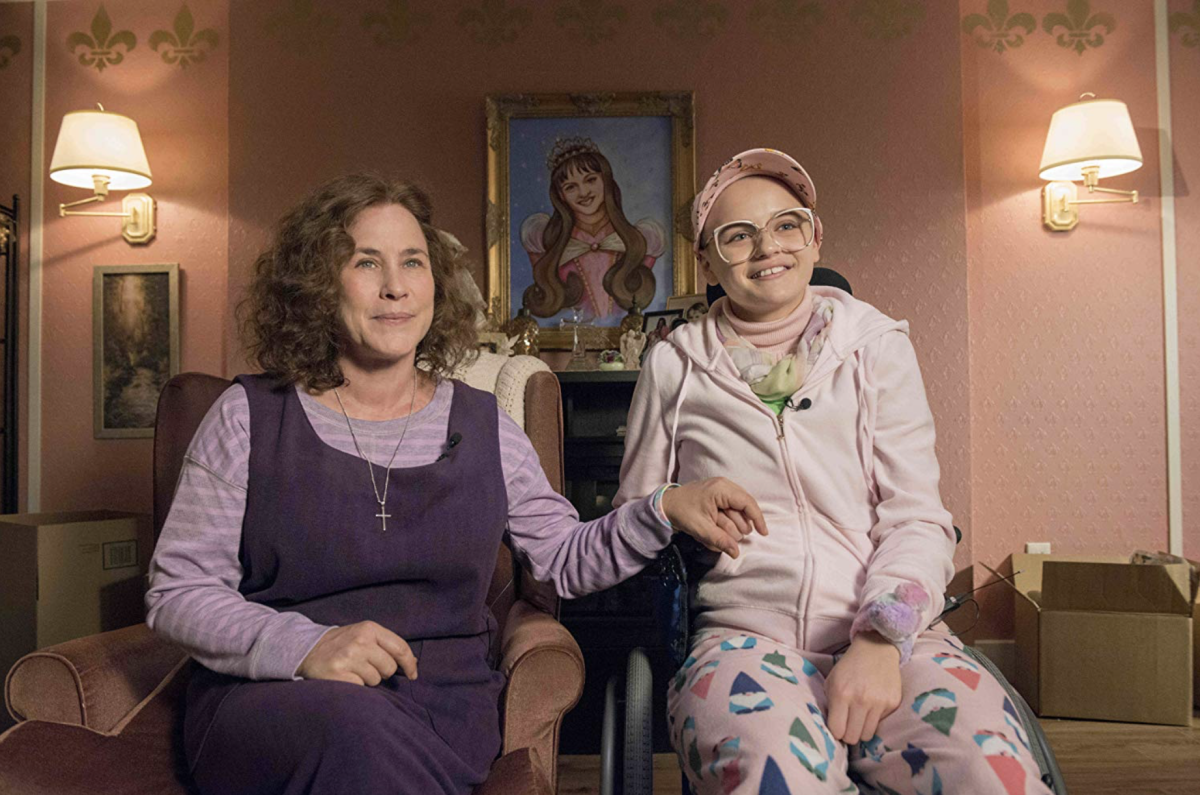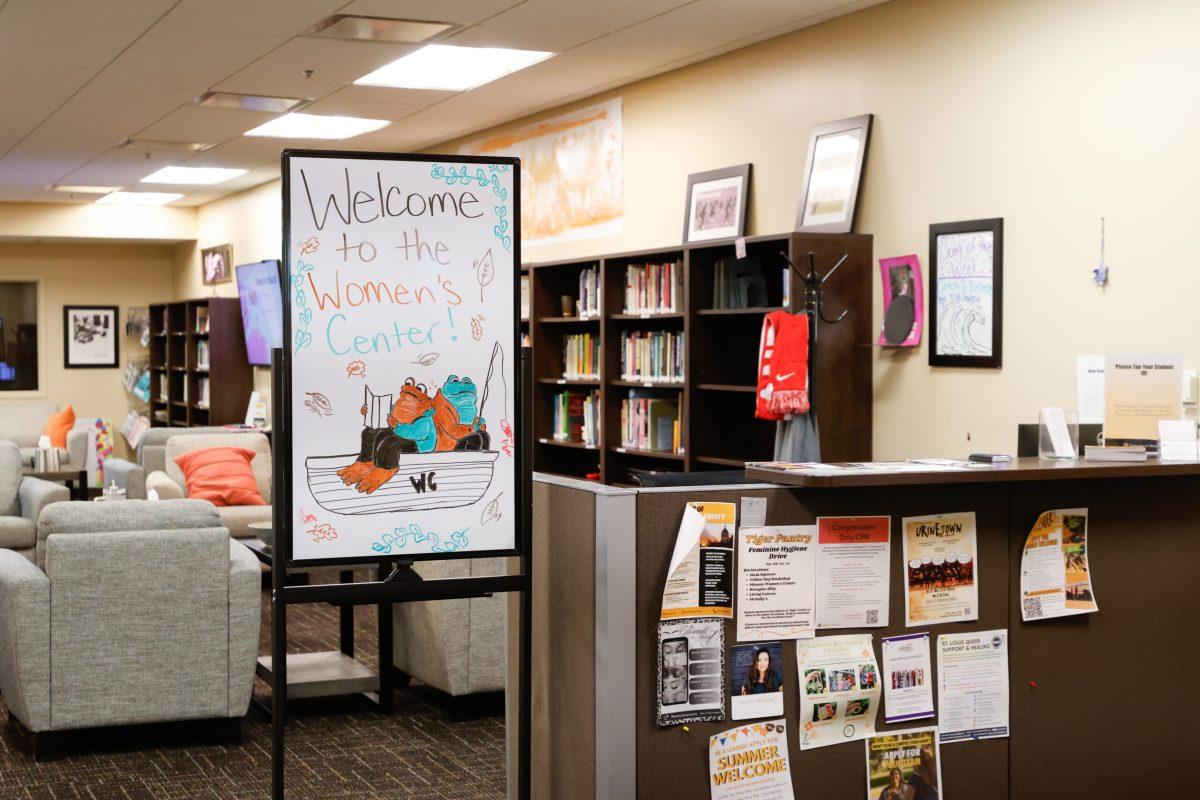_Roshae Hemmings is a first-year journalism major at MU. She is an opinion columnist who writes about civil rights for The Maneater._
When people have kids, there is an understanding that they now have the job of being a parent, but what exactly does that mean? What exactly does the job of a parent entail? Merriam-Webster defines a parent as one who “brings up and cares for another.” Gerber Life says that “a parent’s job is to raise children to be the best men and women that they can be.” It’s a huge responsibility and one that requires patience, love and understanding.
From the outside looking in, those familiar with Dee Dee Blanchard would crown her as the shining beacon of what a parent is. She would align perfectly with the aforementioned definition and exceed it. Dee Dee was the mother of Gypsy Rose, a teenage girl with a smile as big as the list of health problems she possessed. Gypsy, who was wheelchair bound due to her muscular dystrophy, had a slew of other health issues. Due to Gypsy’s health, Dee Dee’s sole occupation was being the caretaker of her daughter.
On June 14, 2015, Dee Dee’s body was found bloodied and inflicted with stab wounds, while the only sign of Gypsy was her empty wheelchair in the bathroom. With Gypsy being discovered in Wisconsin the next day, along with then-boyfriend Nick Godejohn, their whole story started to unfold. Godejohn killed Dee Dee under the instruction of Gypsy, who claimed that her mother had been abusing her and orchestrating an elaborate lie about her illnesses for years. Suddenly, the picture of Dee Dee being the perfect parent was dismantled.
On March 20, 2019, Hulu released an original show called “The Act,” starring Joey King and Patricia Arquette as Gypsy and Dee Dee, respectively. After watching the most recent episode, I had an unshakeable thought.
Gypsy was lead to believe a fabricated narrative of her life for years, and was told so by the person who was supposed to guide, protect and love her: her mother. If the dynamic between Gypsy and her mother demonstrates anything, it’s that parents are not exempt from being toxic and problematic individuals.
It’s weird to come to this realization, for the sheer fact that parents are supposed to be these omnipotent beings that can do no wrong and know everything. They’re supposed to know what to say in every situation and they’re supposed to always know what to do. Most importantly, the way they are supposed to raise and care for their children is supposed to be without error.
As I’ve gotten older, however, I’ve understood that this naive way of thinking couldn’t be further from the truth. Parents aren’t beyond reproach; they’re flawed individuals that, in some ways, don’t know what they’re doing. They aren’t perfect, and neither were their parents or their parents’ parents. Because of this, they mess up sometimes. Hopefully not to the extent of Dee Dee and the ways in which she failed her daughter, but the statement still stands. Parents, and families in general, have their own shortcomings.
With this being said, they are not free from criticism and improvement. In an interview with ABC News, Gypsy said that “for a long time, I believed that [my mom and I] were best friends and so I thought that she was a great mother, no complaints, we got along perfect. I saw her as an angel that could do no wrong.” Because of this perception of her mother, this prevented Gypsy from questioning Dee Dee’s motives. To a certain degree, I think that this is a relatable line of thinking for a lot of kids: that because their parents are their parents, they are always right and that we as children are in no position to correct them.
While I don’t condone killing parents as a response to disagreements and frustrations children may have with them, I do believe that children are within their rights to express an issue they have with their parents. Just like any relationship with friends or a partner, having an open line of communication with parents is necessary to keep the relationship healthy. Not only is this necessary for the longevity of the relationship, but it’s also necessary for the personal well-being of children.
While we may love our parents, and families in general, our first obligation is to ourselves. Therefore, if our relationships with parents or family members aren’t serving us in the way that we see fit, it’s okay to have a conversation stating what we as children need from our parents. Hopefully coming to them in an adult-like fashion will garner positive and effective conversation that will help to propel the relationship forward.











